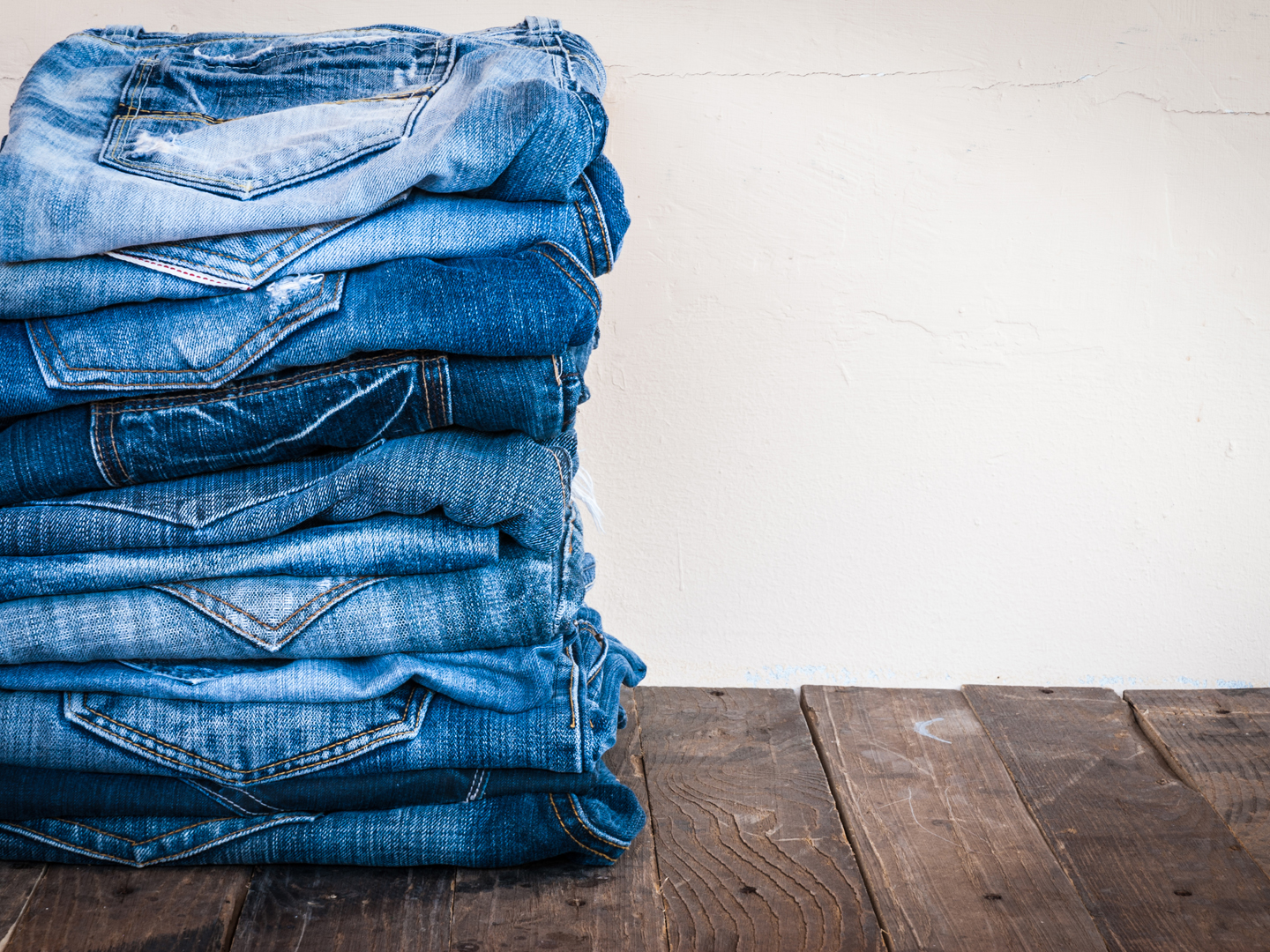What Is Tight Jean Syndrome?
A friend tells me she has been diagnosed with “tight jean syndrome.” Is this a joke? She swears that her doctor also told her that wearing tight clothes can cause nerve problems, heartburn and lower back pain. He also warned that wearing spike heels can deform the feet. Is any of this true?
Andrew Weil, M.D. | April 26, 2012

All true. Wearing tight clothes can compress a sensory nerve called the lateral femoral cutaneous nerve that runs from the abdomen through the thigh. The compression can cause numbness, tingling, and a burning pain in the legs above the knees, a condition called “meralgia paresthetica,” also known as “tingling thigh syndrome” and now sometimes termed “tight jean syndrome.” Tight clothes are not always to blame; weight gain, pregnancy, trauma and diabetes are also associated with compression of the nerve. Another risk: if you combine today’s fashionable tight jeans with equally stylish spike heels, you can make matters worse – the shoes push the pelvis forward, which adds to the pressure of the jeans on the relevant nerve. Clinical appraisal suggests that tingling thigh syndrome may affect policemen who wear their guns on their hips and construction workers who wear heavy tool belts.
Tight clothes can also cause digestive problems, including abdominal distention and heartburn after eating. This doesn’t just apply to young women wearing skintight jeans; it can affect middle-aged men who squeeze into trousers that are too small for them.
As far as shoes are concerned, stiletto heels have been linked to many foot problems including hammertoes,bunions, stress fractures and Morton’s neuroma, a persistent pain in the ball of the foot caused by thickening of a nerve in response to pressure.
High heels also can aggravate Hagland’s deformity, bony enlargements on the back of the heels that can be hereditary and that are often seen in individuals whose feet have high arches, those who have a tight Achilles tendon, and those who have a tendency to walk on the outside of the heel. You can have a Hagland’s deformity on one foot or both. It shows up as a noticeable bump on the back of the heel, sometimes called a “pump bump.” Pressure and rubbing from shoes that have rigid backs such as women’s pumps, men’s dress shoes, and ice skates can irritate soft tissue near the Achilles tendon, leading to painful bursitis. You can’t shrink the bony protrusions, but you can treat bursitis pain and reduce the associated inflammation. Wearing backless or soft-backed shoes can help you avoid further irritating the area.
Women who carry large and heavy shoulder bags can also become unwitting victims of fashion. The weight of the bags can throw the back out of line and cause shoulder soreness, stiff neck, muscle strain, joint pain and, sometimes, bad headaches. The obvious solution to this problem is to carry smaller, lighter bags. If you habitually carry a big shoulder bag and have back or neck pain, consider adhering to this advice of the American Chiropractic Association: make sure that the weight of your bag is no more than 10 percent of your body weight.
Andrew Weil, M.D.









